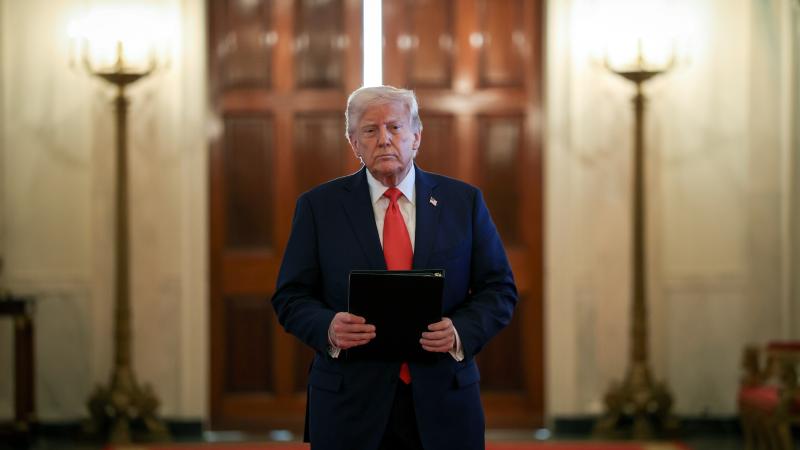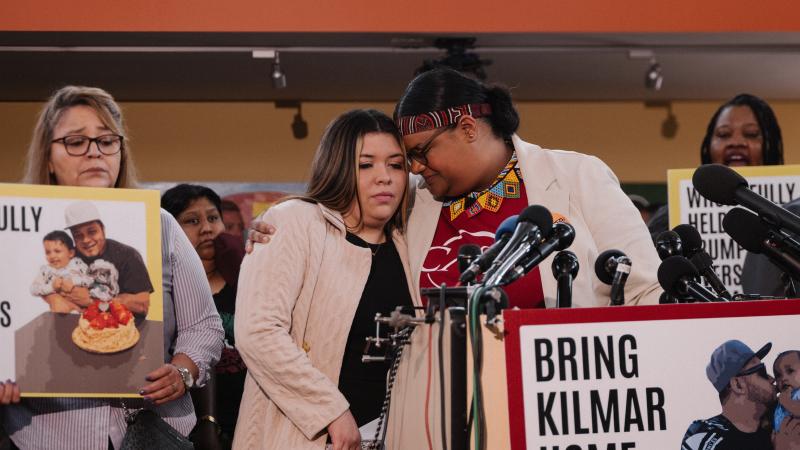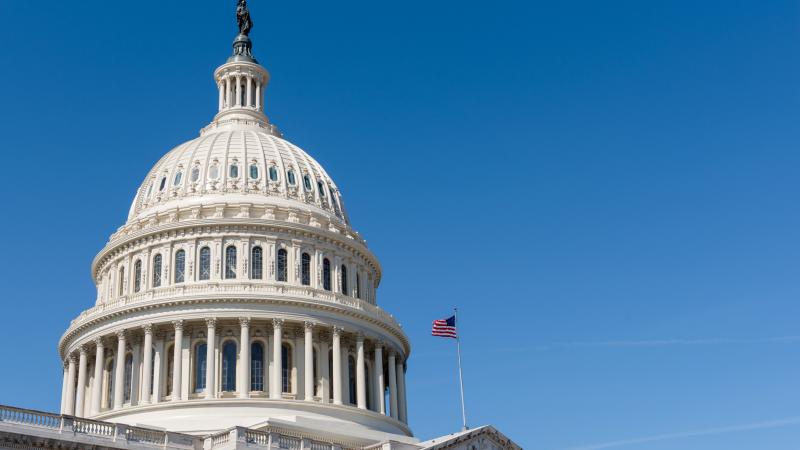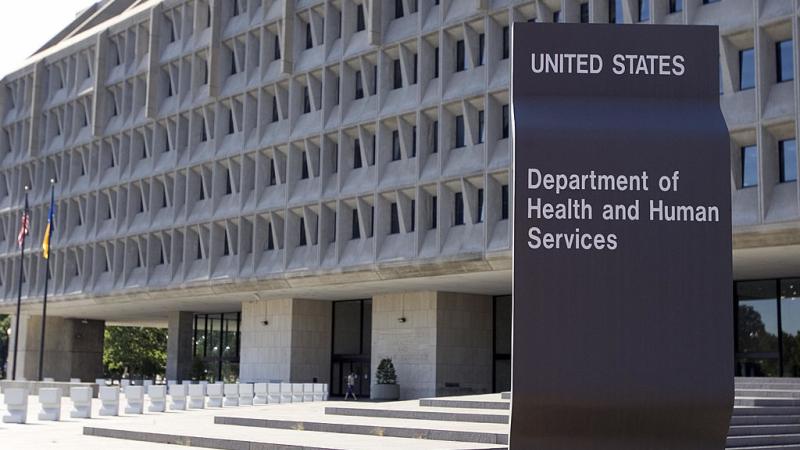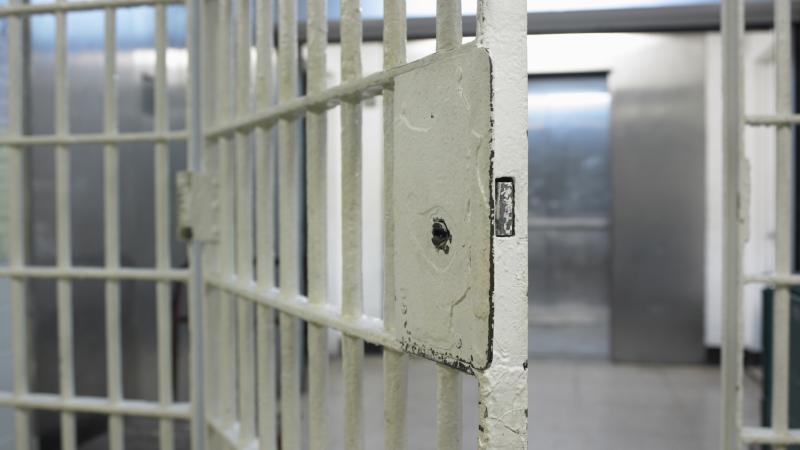Poisoning Fears: Ukraine warns peace team not to eat or drink during talks with Russians
Warning in response to suspicions negotiators were poisoned March 3, while meeting in Ukraine with Russian counterparts
Following reports that Ukrainian peace negotiators and a Russian oligarch showed symptoms of having been poisoned after a meeting earlier this month with Russian officials, Kyiv has warned its negotiators to avoid meals and snacks during additional talks.
"I advise anyone going for negotiations with Russia not to eat or drink anything, preferably avoid touching surfaces,” Ukrainian Foreign Minister Dmytro Kuleba said Tuesday while speaking to state media.
The warning is in response to suspicions that the negotiators were poisoned March 3, while meeting in Ukraine with Russian counterparts. According to reports that emerged this week, the victims experienced peeling skin on their faces and hands, along with painful tearing from their eyes.
The alleged victims included Russian oligarch Roman Abramovich, who has been acting as a back-channel conduit between Moscow and Kyiv.
Details of the incident were described on Monday in a series of tweets from Bellingcat, a Netherlands-based group that conducts and publishes open-source research.
"Bellingcat can confirm that three members of the delegation attending the peace talks between Ukraine and Russia on the night of 3 to 4 March 2022 experienced symptoms consistent with poisoning with chemical weapons," the group wrote on Monday.
According to Bellingcat, the talks began March 3 in the afternoon, and lasted until about 10 p.m.
"Three members of the negotiating team retreated to an apartment in Kyiv later that night and felt initial symptoms – including eye and skin inflammation and piercing pain in the eyes – later that night," the organization wrote. "The symptoms did not abate until the morning."
The three men who felt the symptoms had consumed only chocolate and water, while a fourth person who ingested the same foodstuffs did not have symptoms.
Bellingcat tweeted that the symptoms were "most consistent with variants of porphyrin, organophosphates, or bicyclic substances."
Speculation quickly emerged that the men were poisoned by Russian hardliners who aimed to torpedo peace talks between Russia and Ukraine.
The theory is "shocking," but also improbable, one U.S. intelligence analyst told Just the News.
"It would be very tough to pull off, particularly in that setting," the analyst said. The analyst is not authorized to speak to the media, and made the comments on condition of anonymity.
Moscow denounced the suggestion that Russia had given poison to the negotiators. Such reports were false, and were part of an "information war," Kremlin spokesperson Dmitry Peskov said.
The Kremlin did not immediately return a request Tuesday for comment.
Another alleged victim, a member of the Ukrainian Parliament, on Monday downplayed the accounts.
"I’m fine," Rustem Umerov tweeted. "This is my response to all the yellow news spreading around. Please do not trust any unverified information."
The reports are part of a campaign to control the narrative surrounding events in Ukraine, he suggested.
"We have an informational war ongoing as well," Umerov also said in a tweet.
More than three weeks after the alleged poisonings, the alleged victims, including Abramovich, have recovered and resumed their efforts to negotiate an end to the war in Ukraine.


